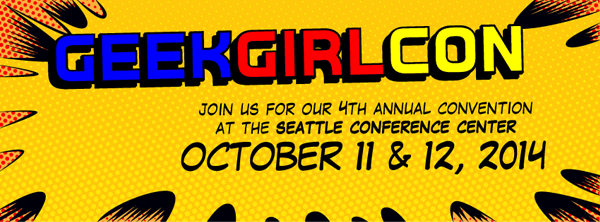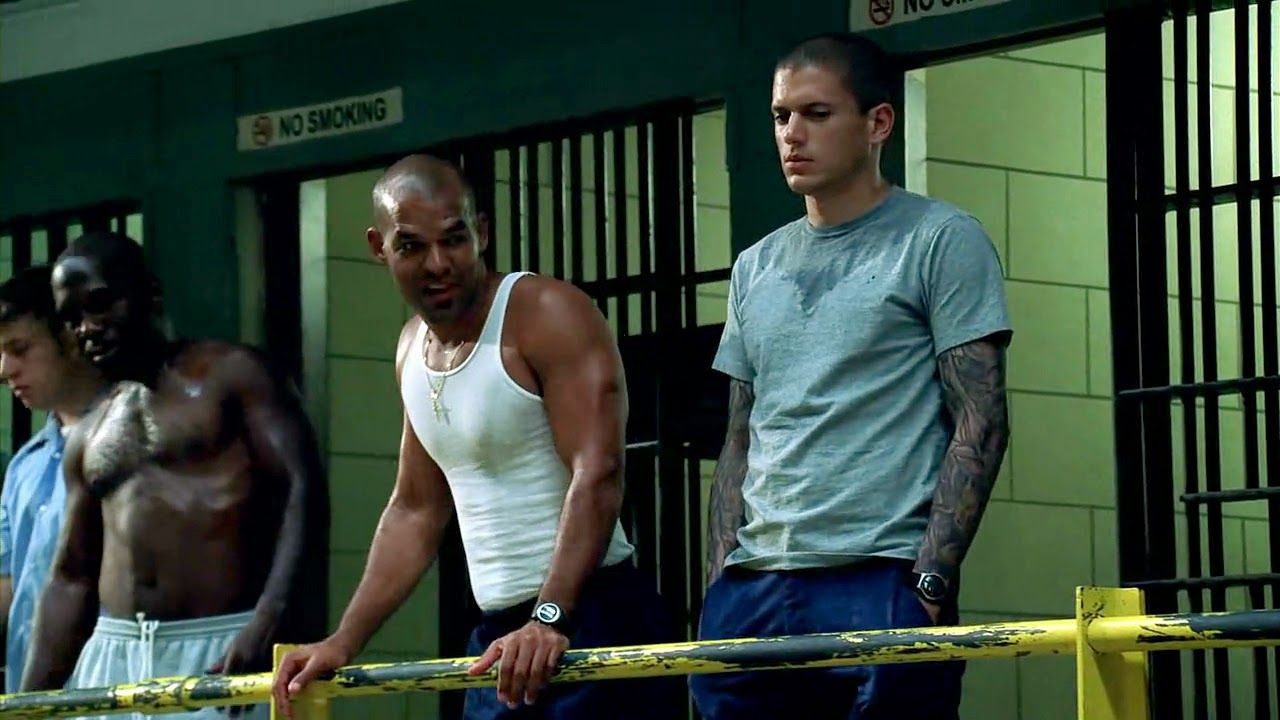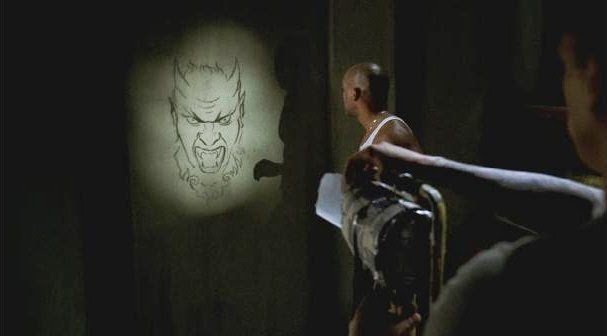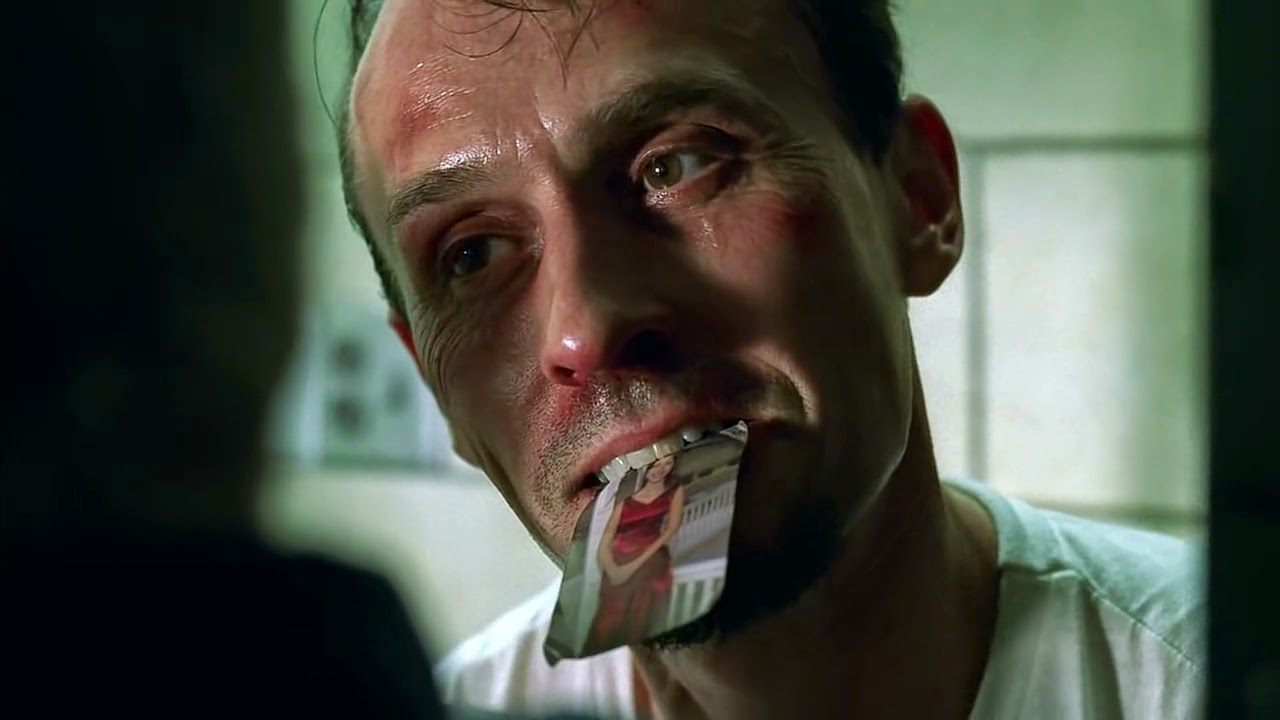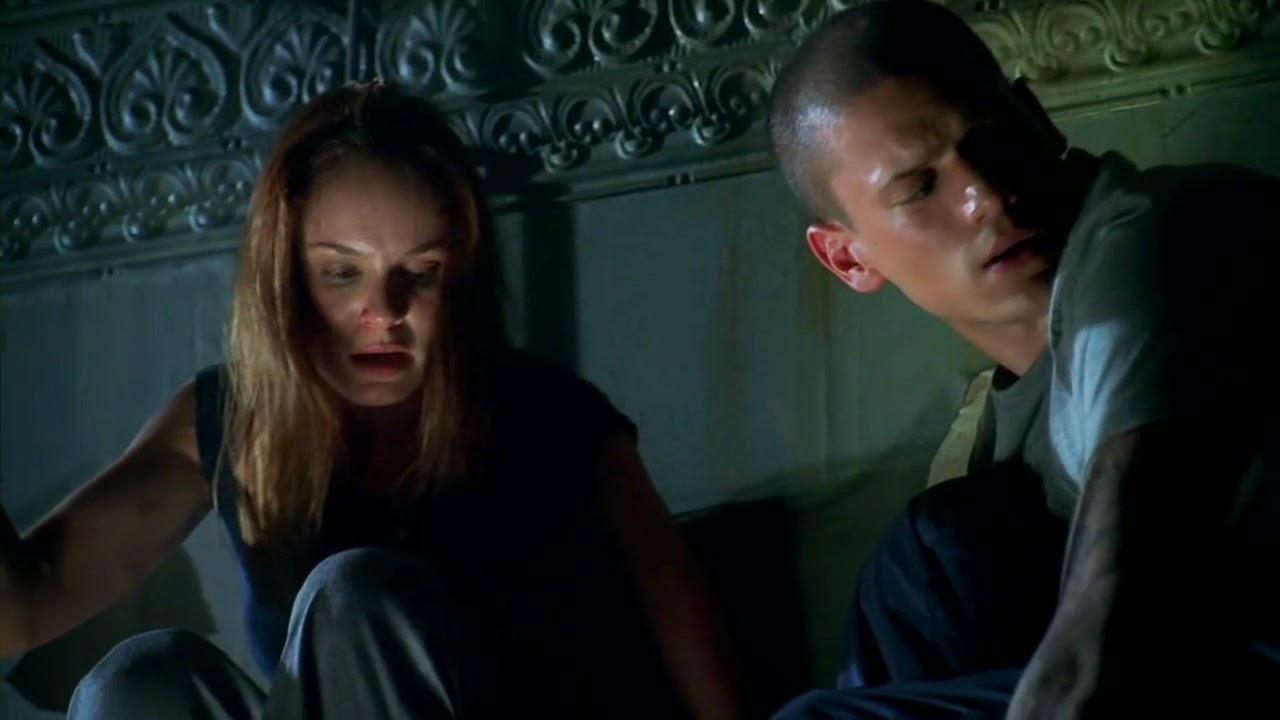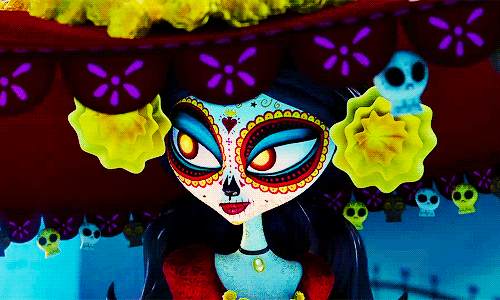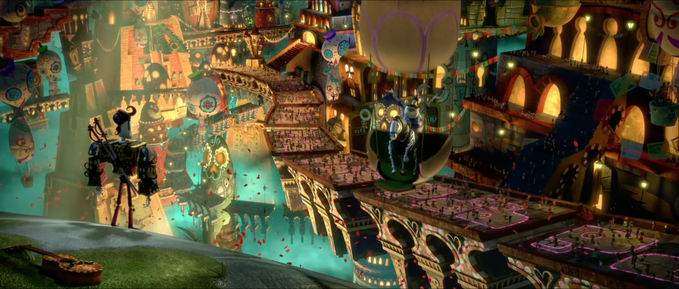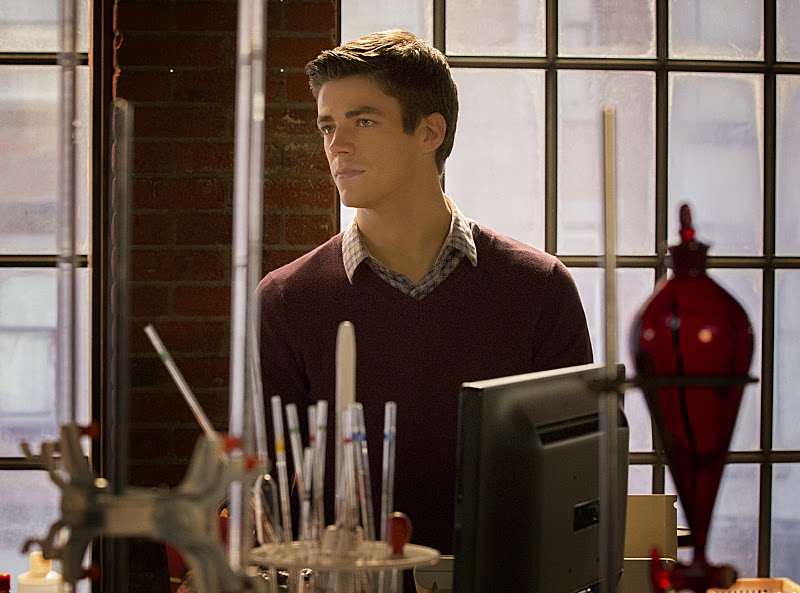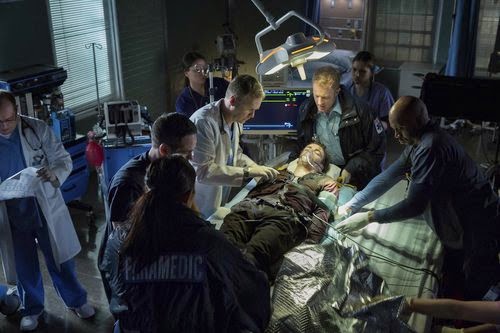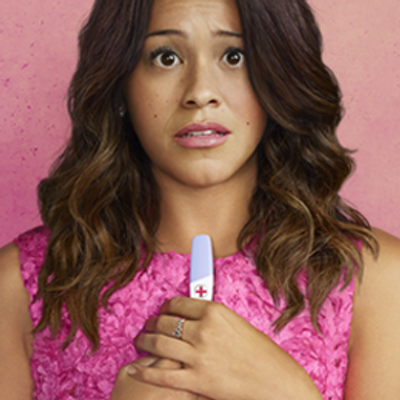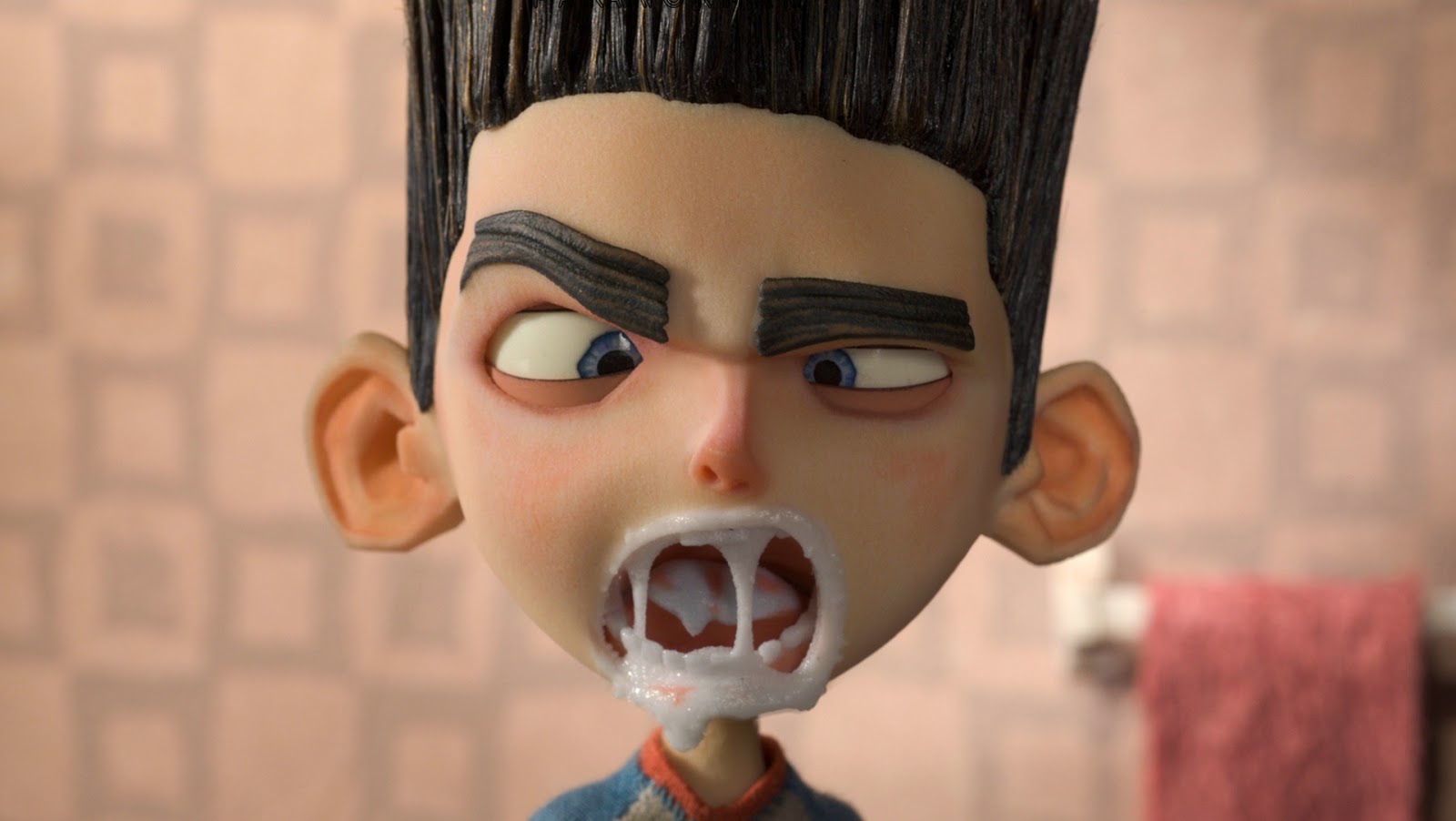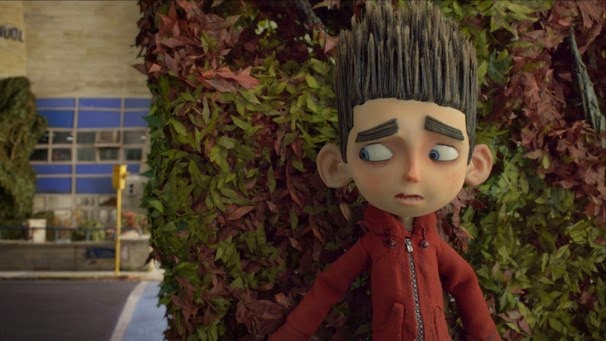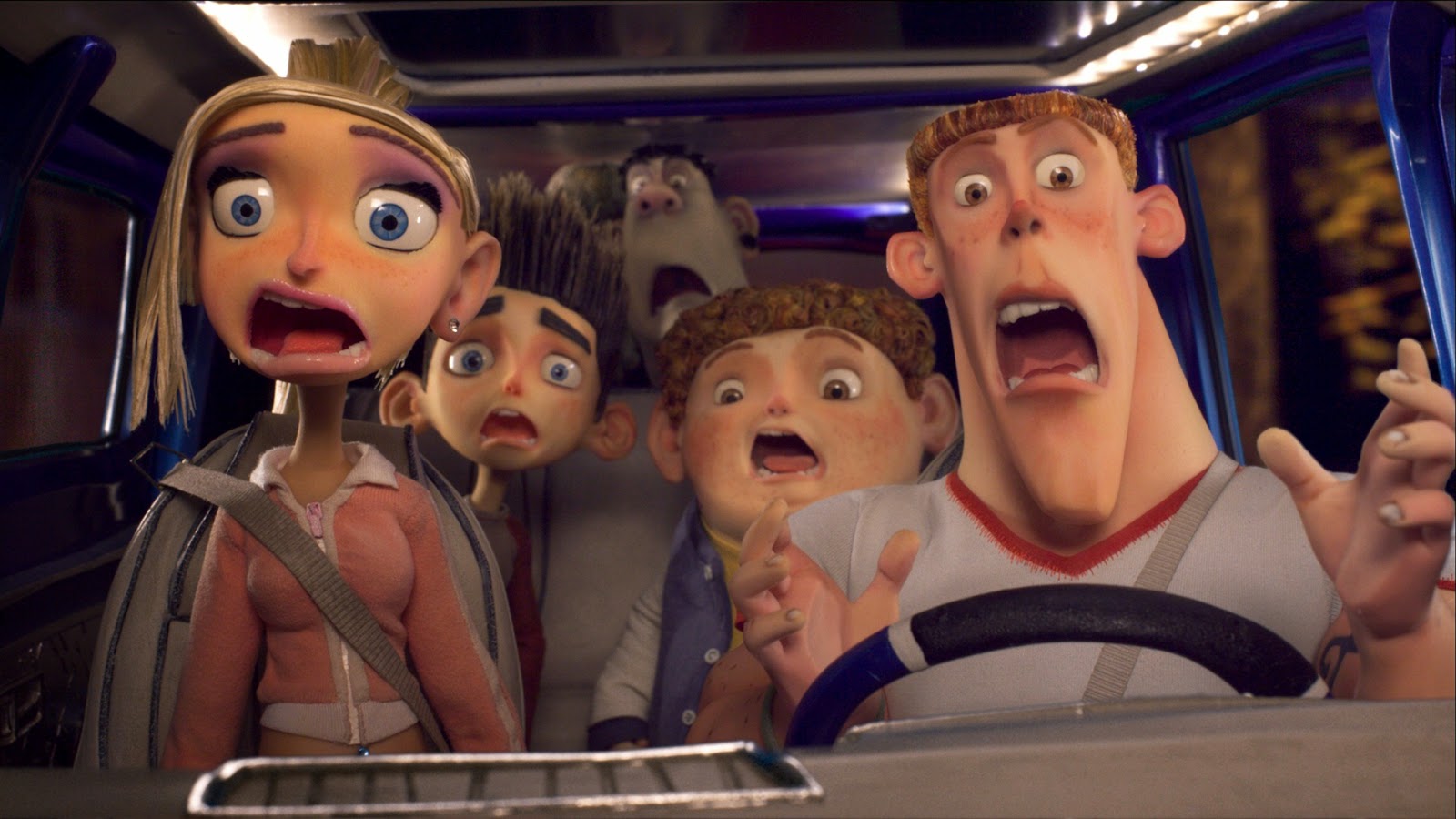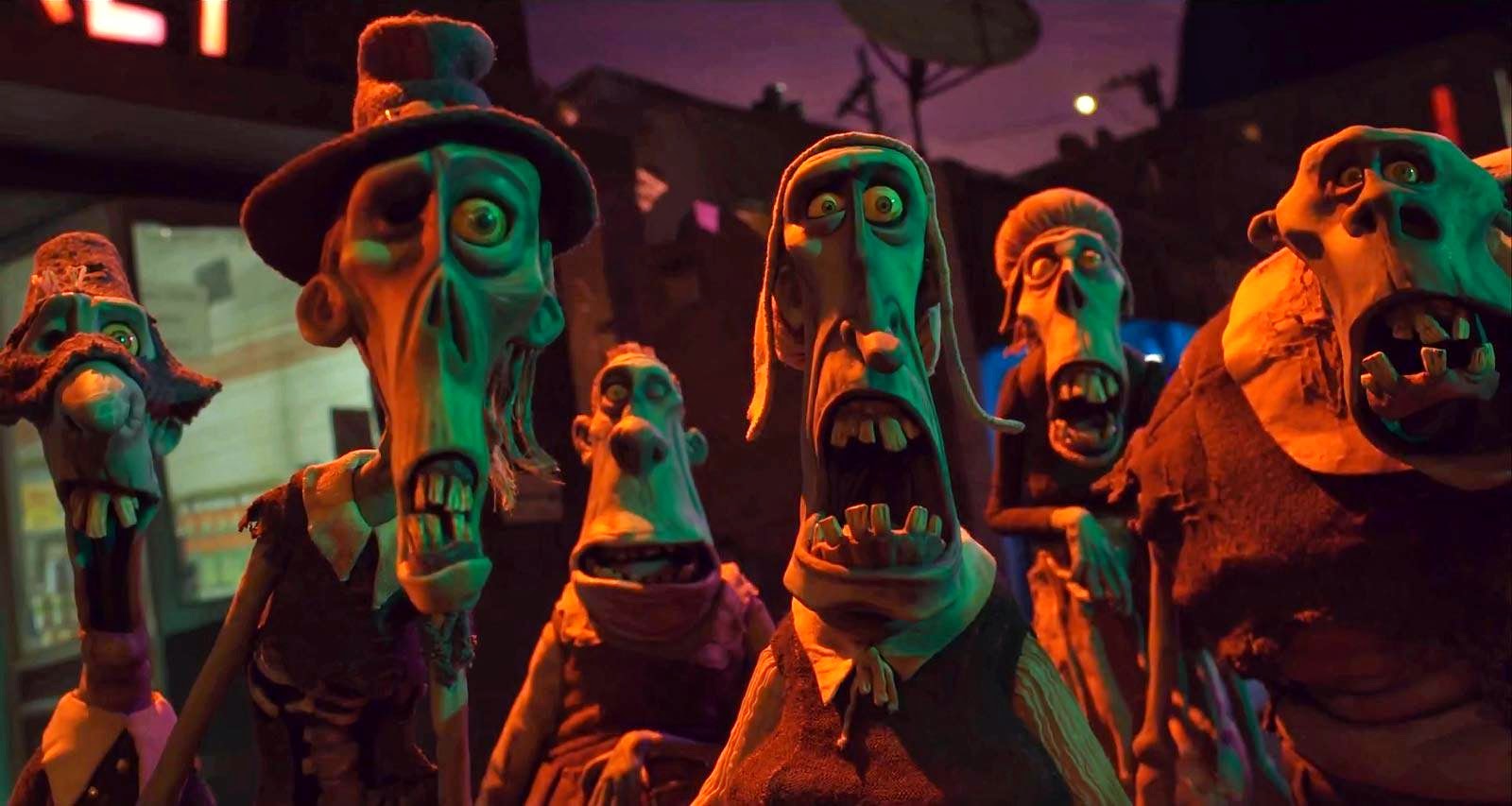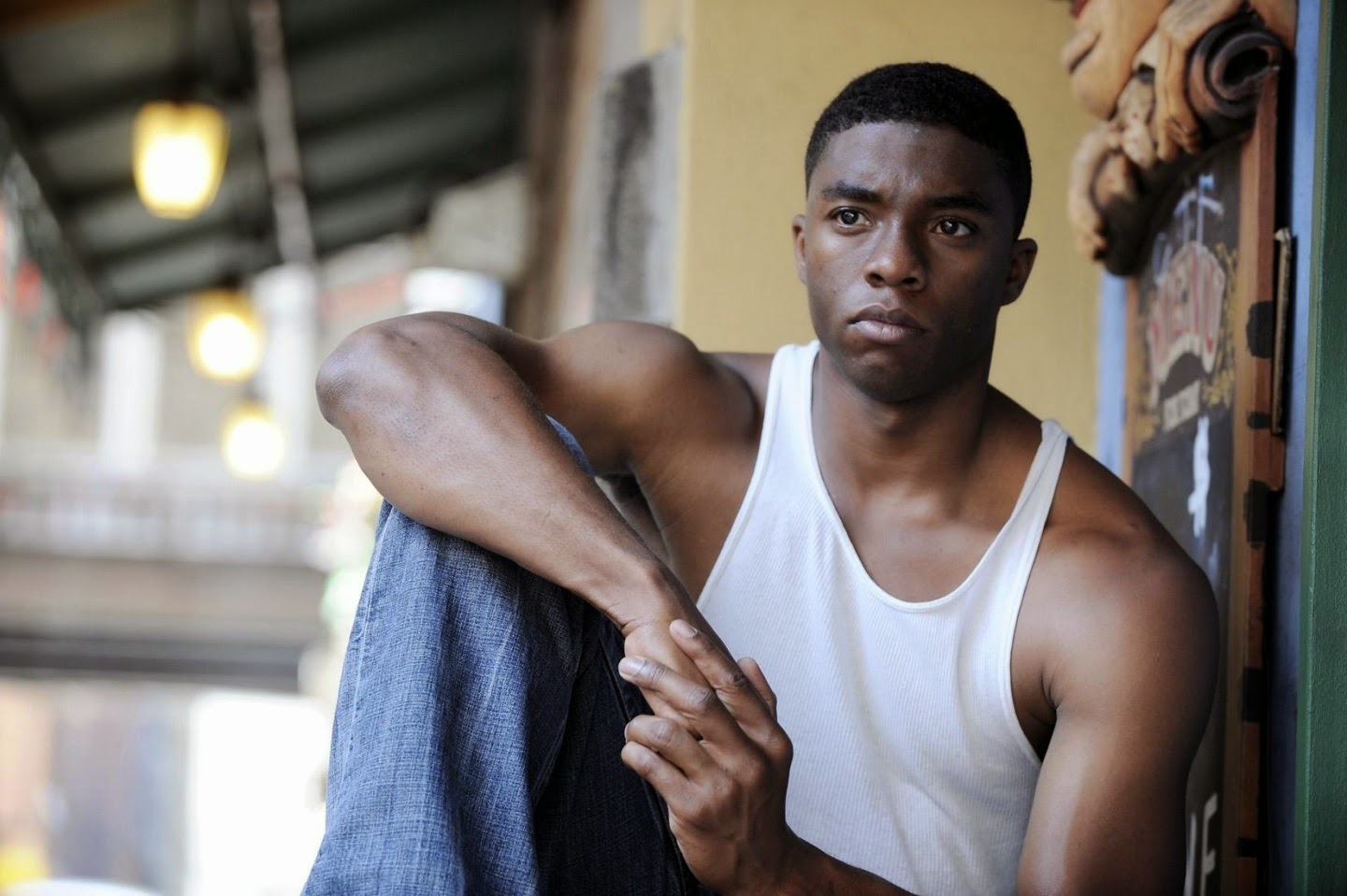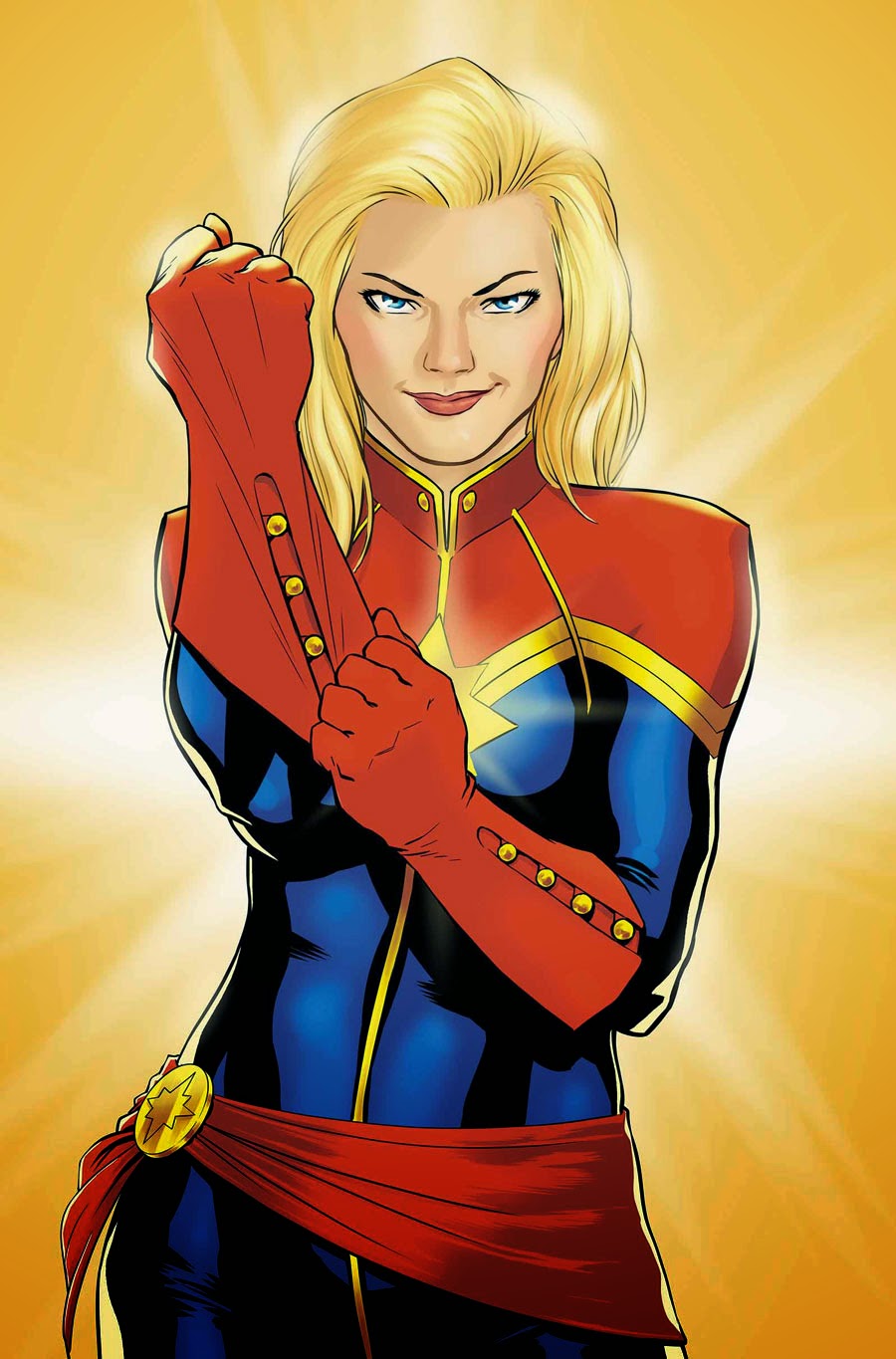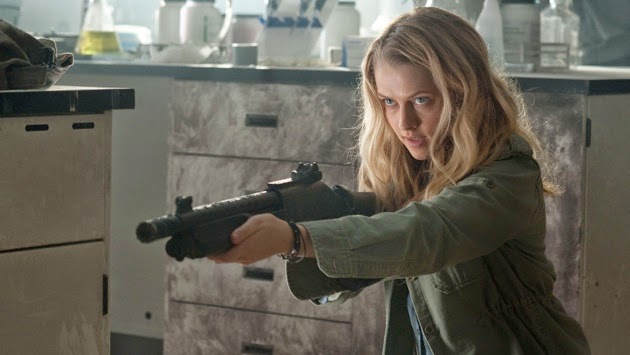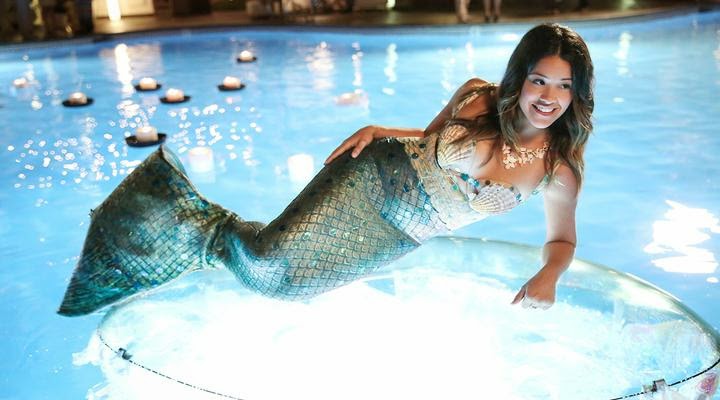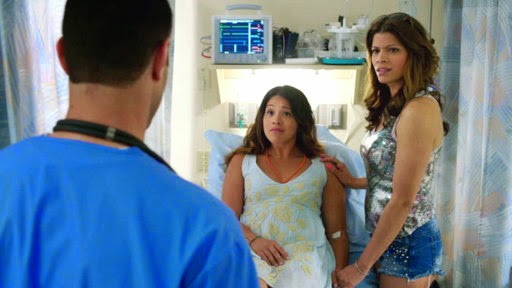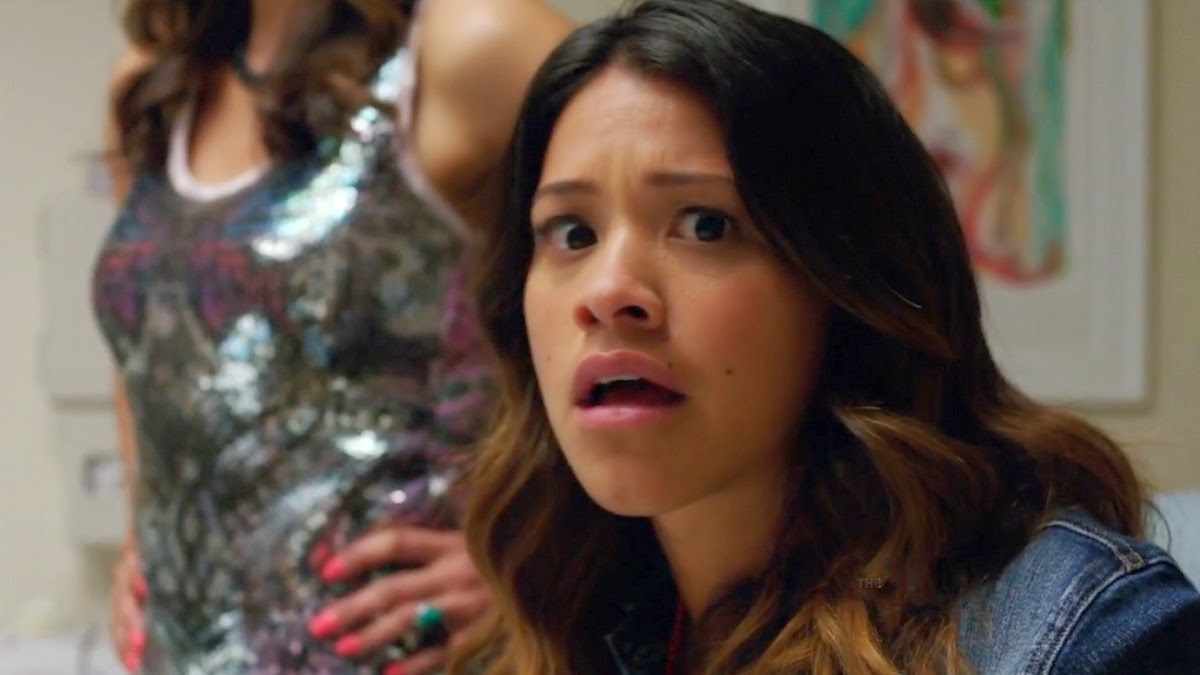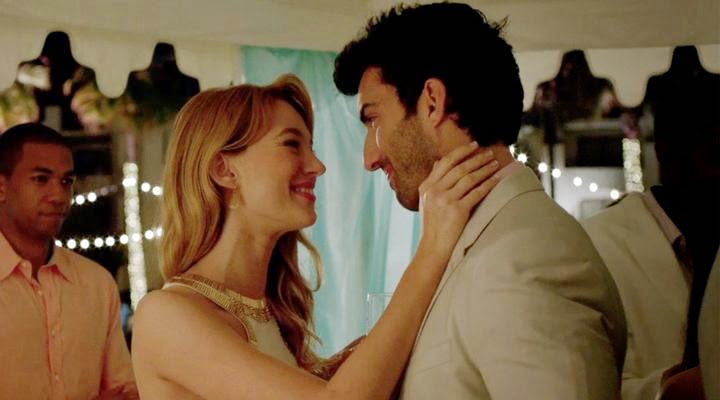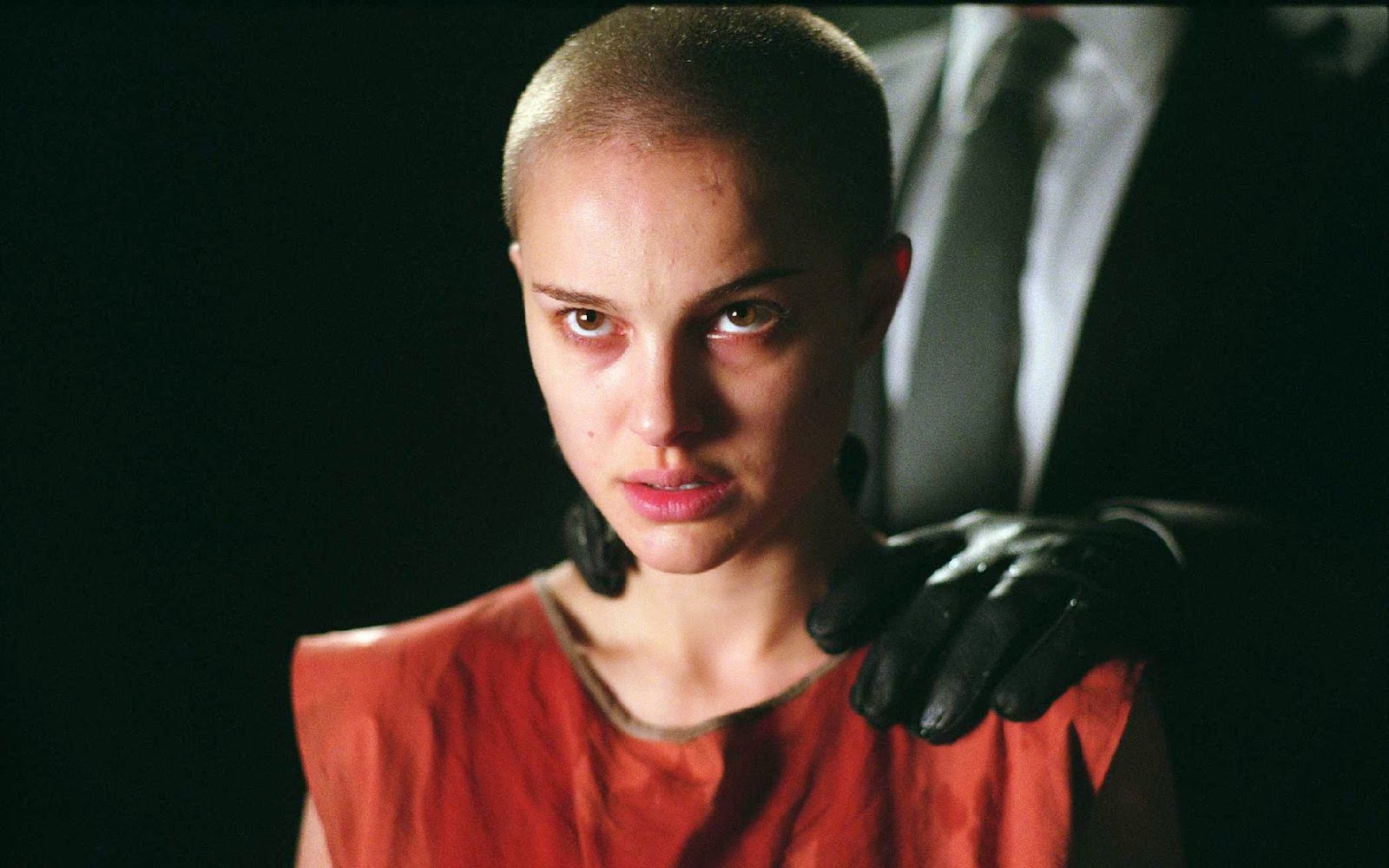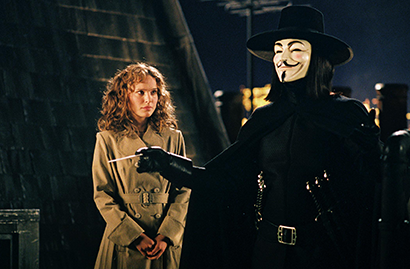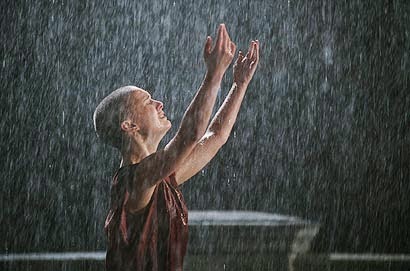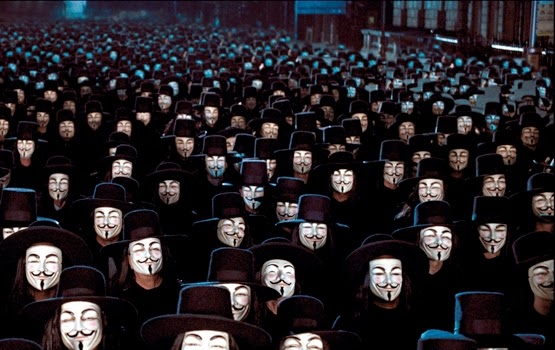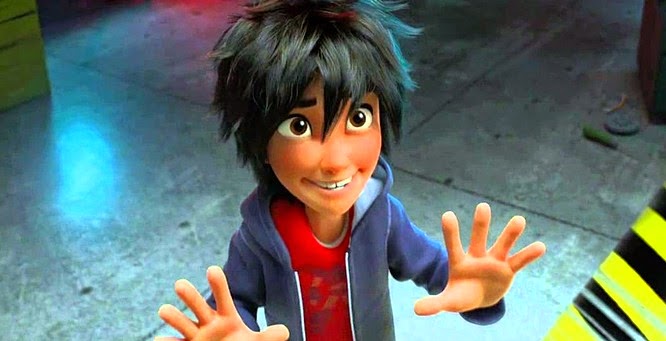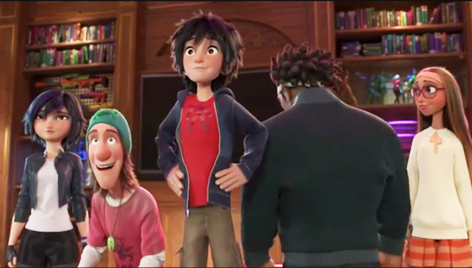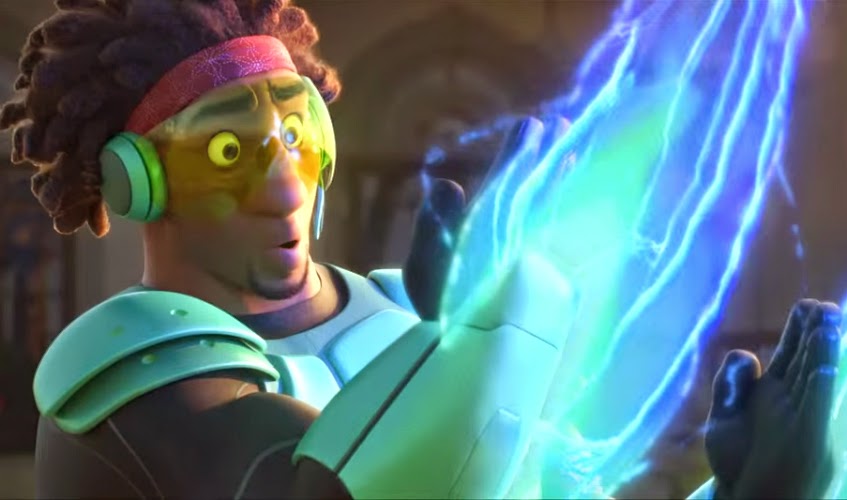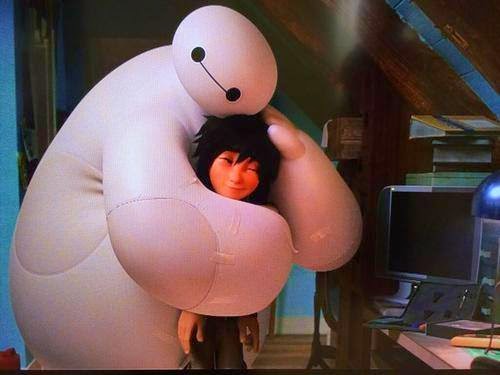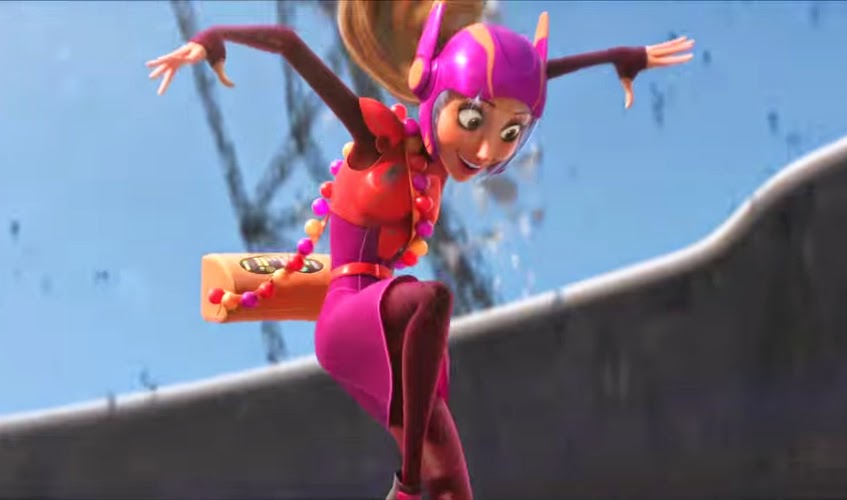I am now back from Geek Girl Con 2014 and I am completely and utterly exhausted. But, like, in a good way that signifies how fun it was and how interesting all of the panels were. The general kind of tiredness that comes from doing something very engaging for a long period of time. It's a good tired.
It was kind of a bummer that GGC happened to fall on the same weekend this year as New York Comicon and IndieCade. There were a lot fewer "big names" there than last year, more of people just wanting to hang out with other fellow-minded nerds. But that's not a bad thing. It was kind of nice being at a convention where the real purpose, the stated goal of the con, was inclusivity. Yeah, the name is Geek Girl Con, but it's really all about making a place for marginalized voices in the geek world and having a community that can come together to celebrate good art.
And I'm not just saying that because I had a good time. Other people seemed to enjoy it to. Someone even called it the "Canada of conventions." Which seems apt.
It would be almost impossible for me to write a comprehensive report of everything I said or did at the convention, and to be honest, most of that would be super boring for all of you. But I did attend some really cool panels, and I did get to interview some absolutely amazing up and coming artists. The artist interviews will be up over the next couple of days, and you can find some panel summaries below the jump.
A Talk with Anita Sarkeesian - Saturday 10am
So, I did not know that Anita Sarkeesian was going to be at GGC. I mean, she was last year, so it wasn't out of the realm of possibility, but last year she was sitting at a friend's stall in Artist's Alley. This year, what with the whole horrible mess she's had to wade through in the past few months, I wasn't really expecting her to come out. But she did! Granted, it was a rather surreal experience. Her presence was not publicized beforehand (for obvious reasons), and there was a police officer searching bags before we got into the room. Kind of intense.
The conversation, as could be expected, largely circled around her current series on Feminist Frequency (Tropes vs. Women in Videogames). She spoke on the origins of Feminist Frequency, which is now a nonprofit, and their stated mission, which is to make feminist analysis accessible to everyone. That's why the videos are now and always will be free, and why Sarkeesian felt it was important to frame them in non-academic jargon. Which is rad.
She spoke about how people underestimate how long it takes her to actually make each video in the Tropes vs. Women in Videogames series, because every visual clip she uses involves playing the game until she can get to the relevant clip and do a screencapture, and the research involved in putting together a single episode is intense. Plus, in the interest of presenting valuable educational tools and pre-empting all possible logical arguments against her videos, she ends up putting in a lot of work and material to each one, which is why they're all multiple-parter hour long videos.
It also touched on the stark realities of "GamerGate" and how the justice system is starting to deal with cyberhate and cyberharassment. She spoke on her experiences trying to report threats made online to the local police, and encouraged anyone who found themself being targeted online to file a police report and maintain a record. As she pointed out, it's scary, but we are at a cultural tipping point and the law is starting to think about ways to deal with this issue.
Why Isn't Bilbo a Girl? (Talking to Kids About Media Representation)
If you've been reading my (semi-weekly) series on kids' media, then you know that this is a topic near and dear to my heart. The panelists, most of whom work with children and/or in game design and education, all addressed the validity of children desiring representation, and the panel reiterated some statistics I'd already heard (like that 85% of videogame characters are white, and 89.5% are male). But it also brought up some stats I hadn't heard, like how there is in fact a causal link between TV exposure and a decrease in self-esteem for everyone except white males (as found by Indiana University). That was interesting.
Probably the most interesting moment for me, though, came when the panelists started talking about how to address token characters, harmful stereotypes, and misrepresentations found in a lot of popular culture. Because, well, that comes up a lot and it's hard to know how to deal with it. The best advice? When a kid sees something problematic or something that makes you uncomfortable, ask them questions about it. Engage the child's critical faculty and help them to figure it out on their own. Another big point? Explain to them why you are uncomfortable, and validate their feelings.
They also talked about opening a dialogue early on with children, making it clear that they can and should question the representations they see around them. And I think that is an amazing idea. So too is the value of pointing out how media doesn't arise in a vacuum - someone has to create it, and that person has biases and prejudices. Help kids to understand that media comes from people.
But the real gem of an idea from this panel? If you're wanting to educate a kid on representation issues and wanting to give them a more diverse media experience, then give them good media as a gift. Like, give kids the DVDs for Avatar: The Last Airbender or issues of Lumberjanes or other awesome stuff that is age appropriate and contains diverse, quality characters. It's sneaky, and it works.
Feminist Community Building 101
Great panel. We had Anita Sarkeesian (Feminist Frequency), Sheena McNeil (Sequential Tart), Angela Webber (The DoubleClicks), Ashlee Blackwell (Graveyard Shift Sisters), and Jamie Broadnax (Black Girl Nerds) - all of whom are awesome and have helped facilitate really cool feminist communities online.
The big take away here - most of the panel was just the sort of thing that I, a website owner, find fascinating and most people don't care about - is that if you want to do something online, it's really helpful to figure out your niche right away. Like, here at KMWW, our niche is overtly academic and analytical critiques of pop culture from a feminist, intersectional point of view. But another website created by another person would and should have a different point of view and stated aim. Niches are a good thing! Own them!
Also they all agreed that it's better to start a blog or art project or anything that you're wanting to do and figure it out as you go than it is to never start because you're afraid of failing.
Fandom and the Media
The panelists here (Lauren Orsini, Gavia Baker-Whitelaw, Aja Romano, Versha Sharma, Amanda Brennan, and Lisa Granshaw) were (are) all fandom reporters, so they were all able to speak from experience. The three biggest issues in being a fan of something and then also reporting on it as a member of the media (which is a thing I have run into because that is literally my whole life here) are, simply: covering fandom with respect, ethics and bias, and participation vs. observation.
The panel went over these issues, which are the ones that everyone trying to cover fan-news deals with, in depth. I mean, how do you mock fandom in a loving way, without giving the impression that you're an outsider who doesn't understand, and without implying to your audience that the fans are Others who should be feared and loathed?
The main answer? Be respectful and don't be afraid to admit you ignorance in a way that shows that you don't think you are better for being ignorant. As Lauren Orsini pointed out, the media started to go through a shift on fandom reporting when they realized that fans read their articles too.
In terms of ethics, the conversation circled heavily around GamerGate, which is unsurprising, but the main conclusion was that ethics are important, but you don't have to be a crazy person. Like, I always try to tell you guys when I am reporting on something that I backed on Kickstarter or that I find deeply personally awesome or offensive.
Similarly, a lot of the panelists mentioned that they try to disclose when they support people on Patreon or Kickstarter, or they don't financially support people in order to aim for objectivity. But it's hard. After all, games reporting, and any entertainment industry, is a small place full of people who know each other. It's super hard and kind of insane to disclose every connection.
Finally, in dealing with "participation vs. observation" the panel was agreed that sometimes it's hard to love a thing and have to be openly critical or analytical of it. Versha Sharma admitted that she loves Doctor Who, but she has some problems with the Moffat era, and when she wrote an article expressing those issues, she found herself caught in a fandom firestorm because as a professional journalist she was assumed to be hating on the show for page views, but as a fan, it was seen as a betrayal for her to go on a big media outlet and complain.
Basically, know your biases, and figure out how to use them to your advantage. Which seems a valid point.
That's it for panels (at least for ones I took notes in). Tune in tomorrow for some awesome interviews with the peeps in Artist's Alley!
